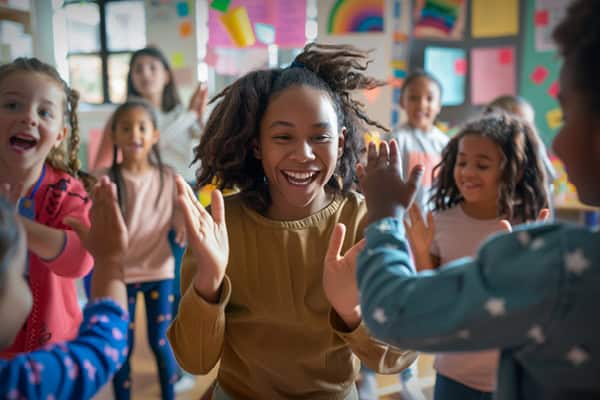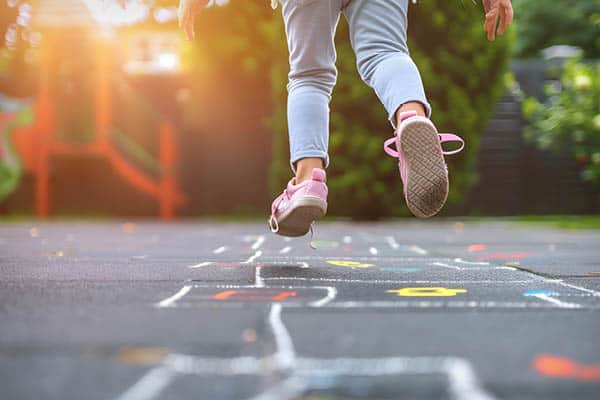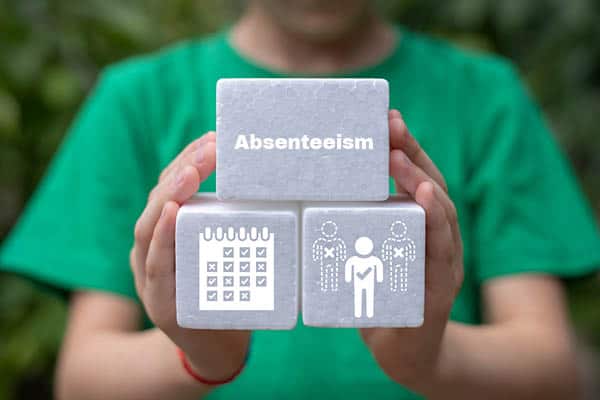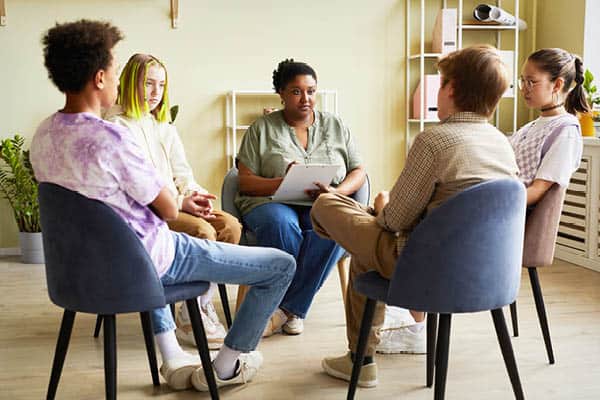Kids are born to play. And when Peter Gray was young, adults made sure that’s exactly what they did, according to an article in The 74.
Gray grew up in the 1950s, when children were expected to spend long hours between school and dinner unsupervised. Surveying the restrictions on children’s freedom today, he believes “we’re basically back in the age of child labor again. But it’s labor we’re imposing because we believe it’s good for children.”
A research psychologist at Boston College, Gray has spent his career studying the effects of free, unstructured play on young people — and what happens when it is edged out by activities overseen by adults, especially school. Abundant data suggest that children now spend much less time outside making friends and inventing games, and much more at home, doing homework and absorbing media under the watch of their parents.
The results have been catastrophic for their development and wellbeing, he has found. In an analysis published last September in the Journal of Pediatrics, Gray and several co-authors argue that the contraction of kids’ independent activity since the 1960s has made them markedly less resilient and triggered a well-documented rise in mental health disorders like depression and anxiety.
Gray dismisses out of hand the supposedly pernicious effects of smartphones and social media, which have increasingly come under scrutiny as experts complain that they monopolize kids’ time and attention. He argues warnings about excessive screen time are worse than wrong — they’re a deflection from the ways in which adults have re-engineered the world around kids to exclude and control them.
“It’s really the first time in human history that children have not been free to do a lot of independent things,” Gray says in a conversation with The 74. “Children are designed to grow up with independence, so over the last few decades, we’ve been doing things in a way that’s historically abnormal.
“I’m involved with a group called Let Grow, and we help organize play clubs at schools. It’s an hour of mixed-age free play for all the kids in an elementary school. Everyone plays at once. There are lots of different ways of playing, but there are two rules: no hurting anybody, and no phones. It’s been extraordinarily successful, as are summer camps when phones are removed. In places like these, where kids can interact with one another freely, it’s not a bad idea to ban phones.
“One of the things I advise parents is to get together with others in their neighborhood — granted, this works more for little kids than teens — and talk to them about the importance of real, physical play. Every Saturday afternoon, and maybe certain hours each weekday, everyone in the neighborhood should send their kids outdoors and not intervene unless it’s absolutely necessary for safety. And you must keep the phones at home because many of the kids never had the opportunity to learn how to play without them.
“If there’s a PTA or some venue where you can influence your school, get the school to start after-school or before-school play clubs through Let Grow. It’s still a small minority of schools doing this, but I’d like to see it at every school. It’s safe because there are adults there, but they’re trained not to intervene while kids play. It’s working beautifully where it’s being done.
“It’s possible to encourage this in other settings. More and more libraries are offering play opportunities, including even outdoor play. One in Austin hangs out a sign saying, ‘Joyful noise welcome!’ They have kids playing inside and outside the library, and if adults bring kids, the librarians just let them know that play is for kids, and there’s a separate space for parents. Kids gather there, sometimes a hundred at once, from the ages of three or four to the early teen years. I would love to see more of that, and parents can simply go to their local library to ask about it.
“Unfortunately, we’re not going back to a situation where parents can just send their kids out with more or less total freedom. But we might get to a place where they feel comfortable not being there while their kids are playing — if there is a responsible adult there who can contact them and who knows how to handle emergencies.
“I believe we could get there if parents are willing to lobby for it.”
The 74





